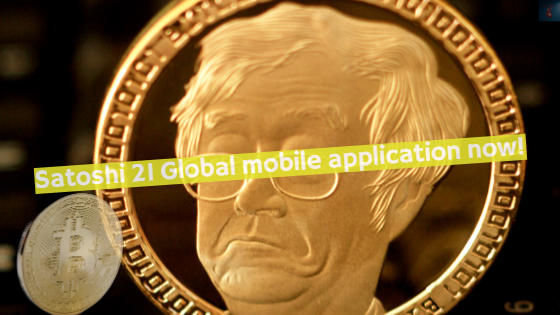
Crypto regulation and decentralization?As cryptocurrencies continue to grow in popularity,
regulatory bodies are grappling with how to manage this emerging asset class.
While regulation can provide a level of protection for investors,
it can also pose challenges to achieving true decentralization - a core tenet of the crypto movement.
In this article, we'll explore the effects of regulation on the crypto market and examine some of the challenges that arise when attempting to balance regulation with decentralization.
Achieving
Therefore cryptocurrency market has experienced significant growth and adoption in recent years,
with more people and businesses embracing digital currencies as a means of payment and investment.
However, this growth has come with regulatory challenges, as governments and regulatory bodies attempt to regulate the market to prevent fraud,
money laundering, and other illegal activities.
In this blog post, we will explore the effects of regulation on the crypto market and the challenges to achieving true decentralization.
What is Regulation in the Crypto Market?
 Photo by Ivan Babydov on Pexels.com
Photo by Ivan Babydov on Pexels.comRegulation in the crypto market refers to the set of rules and guidelines that governments and regulatory bodies implement to govern the use and trading of digital currencies.
Regulation is essential to protect investors, prevent fraud and money laundering, and ensure the stability and integrity of the market.
However, regulation can also limit the potential benefits of cryptocurrencies, such as privacy, security, and decentralization.
The Effects of Regulation on the Crypto Market
 Photo by DS stories on Pexels.com
Photo by DS stories on Pexels.com- Increased Transparency: Regulation can increase transparency in the crypto market, as businesses and exchanges are required to disclose their operations and financial statements to regulatory bodies. This can help prevent fraud and ensure the safety and security of investors.
- Market Stability: Regulation can help stabilize the crypto market by preventing extreme volatility and reducing the risk of market manipulation. This can help build trust and confidence in the market, attracting more investors and businesses.
- Limitations on Decentralization: Regulation can limit the potential benefits of decentralization in the crypto market, as it can require businesses and exchanges to comply with certain rules and guidelines. This can undermine the principles of decentralization, which is one of the key features of cryptocurrencies.
- Compliance Costs: Regulation can increase compliance costs for businesses and exchanges, as they are required to comply with a range of rules and guidelines. This can make it difficult for smaller businesses and startups to enter the market, limiting innovation and competition.
Challenges to Achieving True Decentralization in the Crypto Market
While the concept of decentralization is central to the crypto market,
achieving true decentralization is not as simple as it may seem.
So here are some challenges to achieving true decentralization:
 instant exchange 1
instant exchange 1- Dependence on Third-Party Tools: Despite the promise of decentralization, many businesses and users in the crypto market still rely on third-party tools and services, such as wallets, exchanges, and trading platforms. These third-party tools can undermine the principles of decentralization, as they can be centralized and vulnerable to hacking and security breaches.
- Lack of Standardization: The lack of standardization in the crypto market can make it difficult to achieve true decentralization. Different digital currencies and blockchain networks operate in different ways, and there is no universal standard for interoperability and compatibility.
- Government Regulation: As we discussed earlier, government regulation can limit the potential benefits of decentralization in the crypto market. Regulation can require businesses and exchanges to comply with certain rules and guidelines, which can undermine the principles of decentralization.
- Limited Adoption: While the adoption of digital currencies is growing, it is still limited compared to traditional currencies and payment systems. Limited adoption can make it difficult to achieve true decentralization, as there may not be enough users and businesses to support a truly decentralized ecosystem.
Conclusion
 Photo by Jonathan Borba on Pexels.com
Photo by Jonathan Borba on Pexels.comIn conclusion, regulation has both positive and negative effects on the crypto market.
While it can increase transparency and market stability,
it can also limit the potential benefits of decentralization and increase compliance costs.
So achieving true decentralization in the crypto market is a complex and ongoing process,
as there are many challenges to overcome, such as dependence on third-party tools, lack of standardization, government regulation.
 Satoshi 21 Global mobile application now!
Satoshi 21 Global mobile application now! https://sakkemoto.com/crypto-regulation-and-decentralization/
